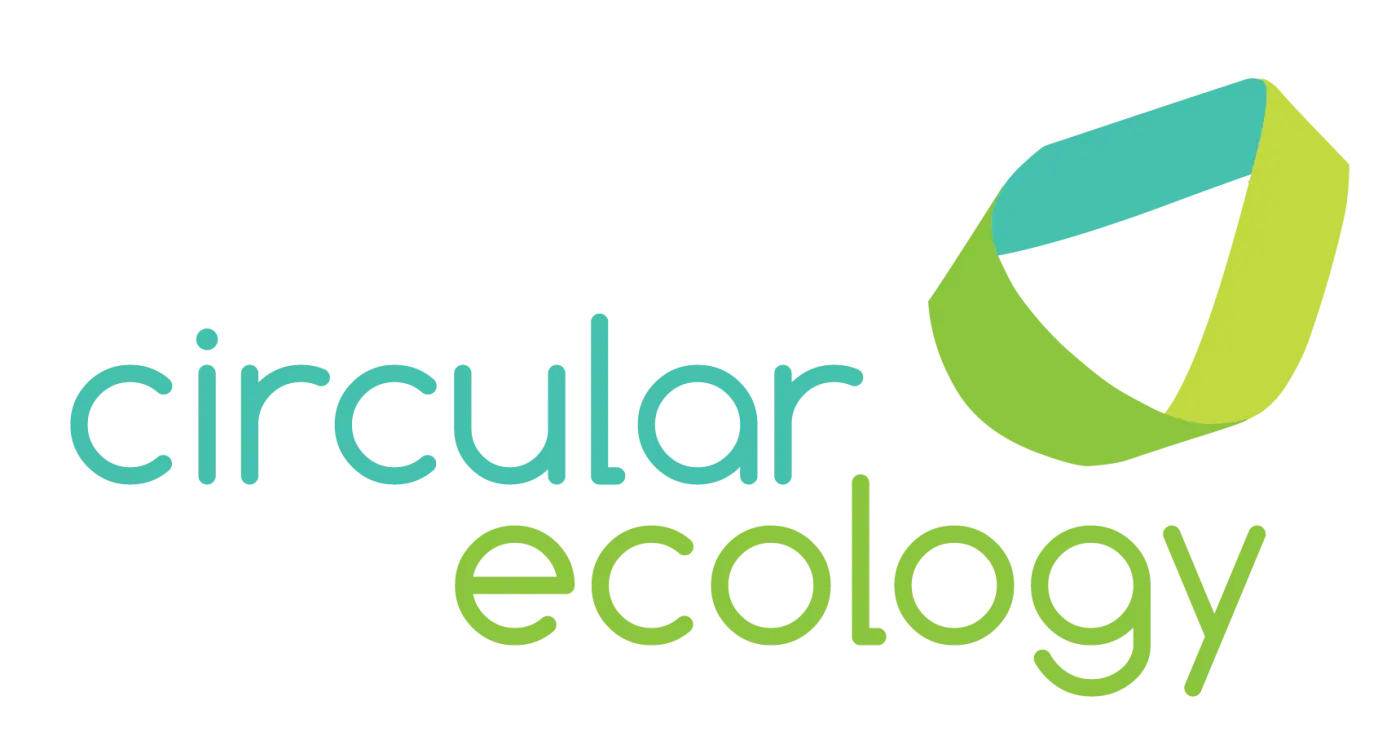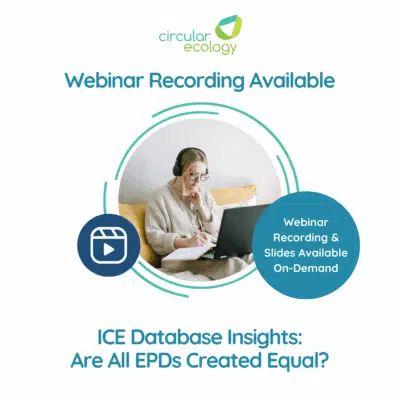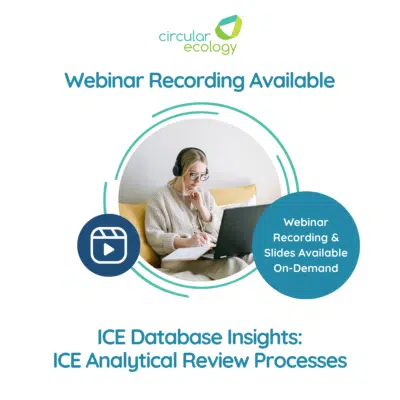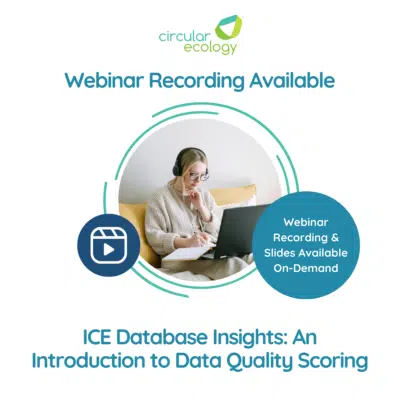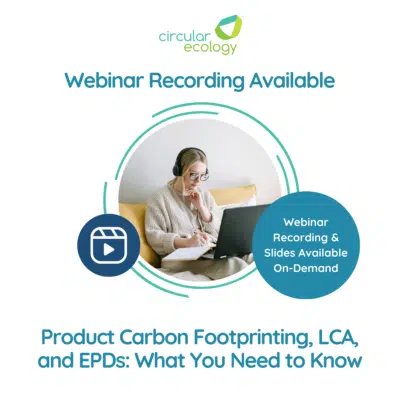Renewable Energy Carbon Offsetting Projects - India
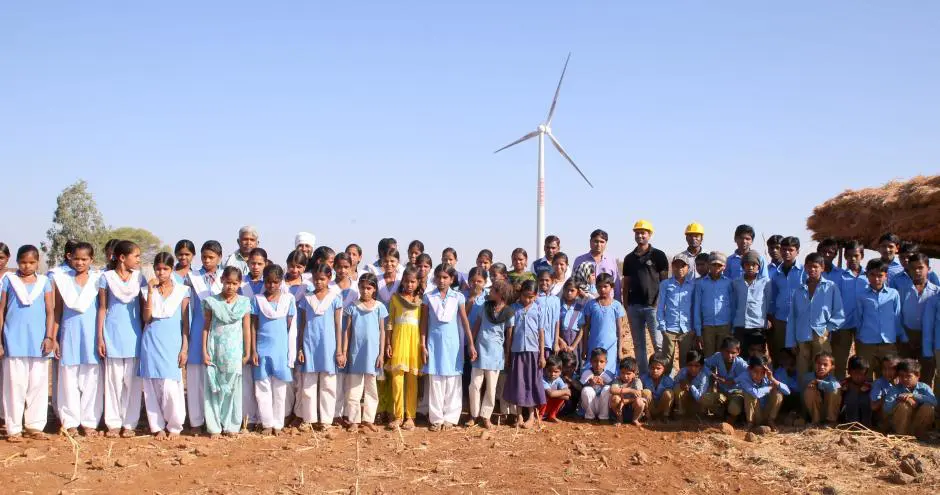
Renewable energy offsetting projects decrease our reliance on traditional fossil fuels, and provide an emission-free resource for energy which has no risk of running out. If we are to reach global goals to keep temperature rise below 2°C or 1.5°C, the energy balance must shift from non-renewable and heavily polluting fossil fuels such as coal, oil, and natural gas, towards renewable energy sources such as wind, solar, wave, and geothermal energy. This will decrease the amount of greenhouse gas our energy supply emits, and lower the atmospheric concentration of CO2, thus contributing to mitigating the effects of climate change.
The following three carbon offsetting projects Circular Ecology offers provide renewable energy and electricity to communities and their respective power grids, reducing their carbon emissions and providing carbon credits. Various social, environmental, and economic impacts are also received as a direct result of the carbon offsetting project.
Benefits of the 100MW Wind Power Project – Andhra Pradesh
- Local stakeholder engagement and community outreach
- Provision of clean drinking water infrastructure to the community at the project site
- Improved health and sanitation, and decreased risk of water-borne illnesses
- Community medical facilities are supported, improving the health of locals
- Medicines have been distributed to locals where necessary
- Education on menstrual health
- Construction of toilet and washing facilities, and the provision of furniture, for local schools
- Local employment during the construction stage of the project
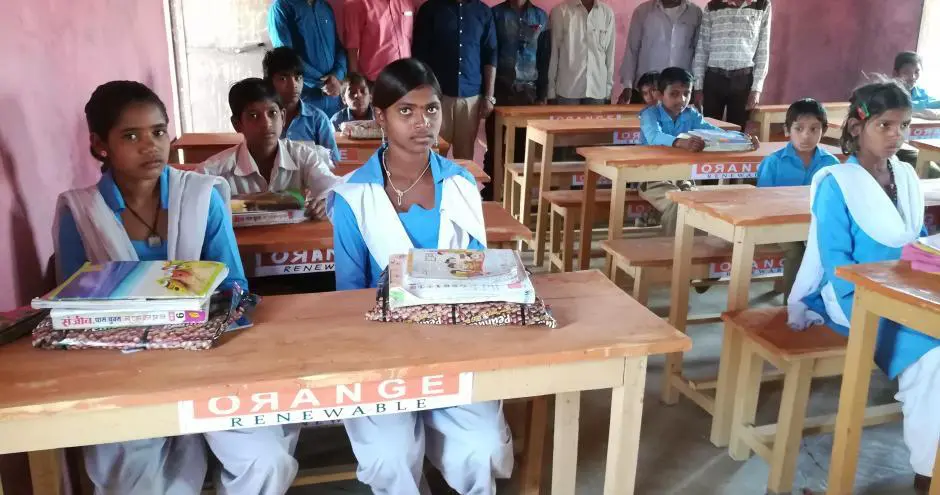
Benefits of the 100.5MW Wind Power Project – Madhya Pradesh
- Provision of school equipment for over 5000 children at 25 schools in the project area
- Stationary, computers, clothes, and furniture
- Construction of toilets in public areas
- Increased access to clean water
- Water purifiers have been installed due to the project, which improves community health and decreases the likelihood of illnesses from unsafe water sources
- Improved medical facilities
- Community workshops for those affected by HIV AIDS
- Hygiene, reproductive health, and other awareness programmes
- Distribution of free medicines
- Over 700 temporary and 75 permanent jobs, of which, many positions were filled by locals
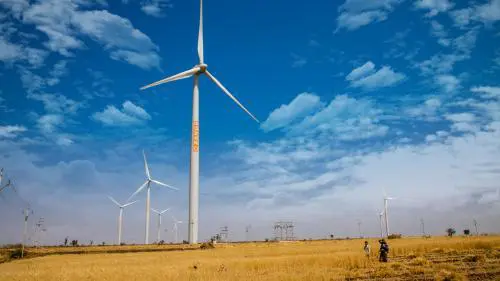
Benefits of the 2 x 50MW Solar Photovoltaic Project – Maharashtra
- Reduction in fossil fuel use and emission of greenhouse gases by the grid due to increased supply and use of renewable energy
- ~165,000tCO2e average annual greenhouse gas reduction for 7 years
- Total emission reduction due to the project is ~1,150,000tCO2e
- ~165,000tCO2e average annual greenhouse gas reduction for 7 years
- Job creation for locals in skilled technical positions throughout the construction and installation process of the panels
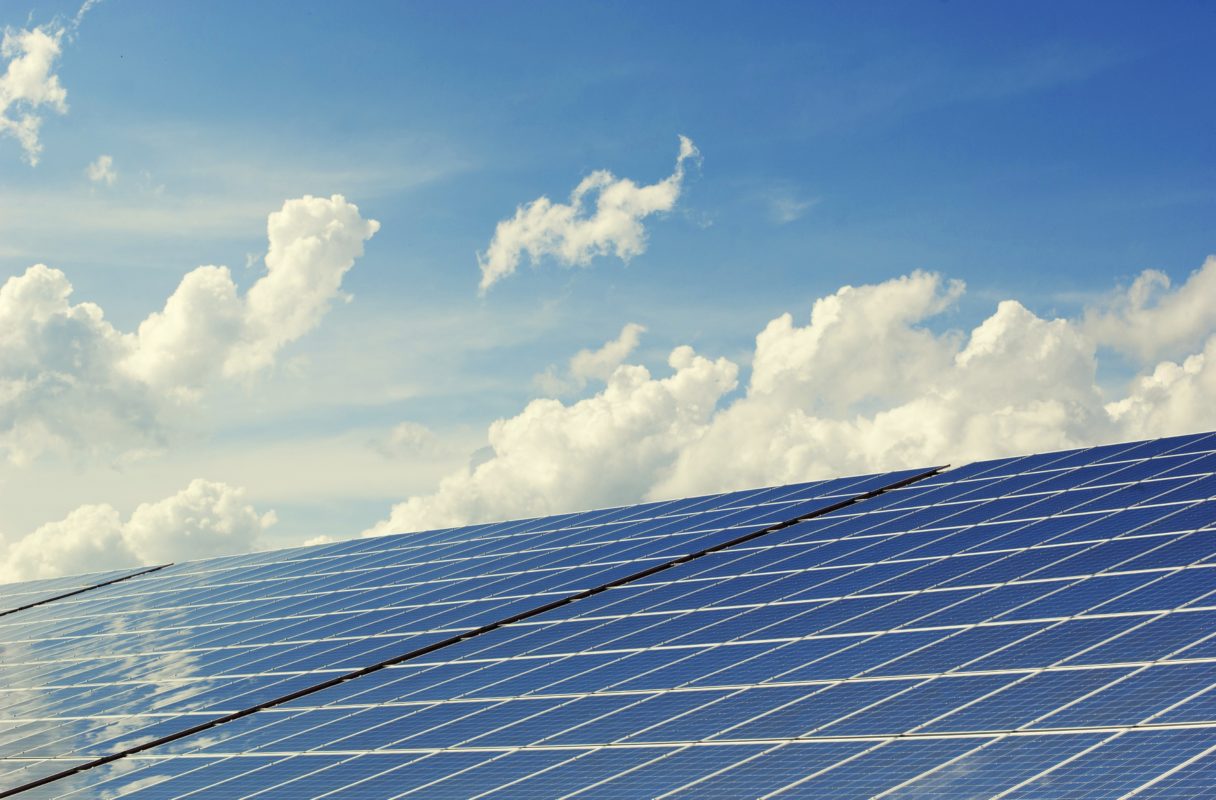
Alignment with UN Sustainable Development Goals
The renewable energy projects in India provide numerous social, economic, and environmental benefits and are aligned with the following UN Sustainable Development Goals (UN SDGs).
- UN SDG 3 – Good Health and Well-Being
- UN SDG 4 – Quality Education
- UN SDG 6 – Clean Water and Sanitation
- UN SDG 7 – Affordable and Clean Energy
- UN SDG 8 – Decent Work and Economic Growth
- UN SDG 13 – Climate Action
- UN SDG 15 – Life on Land
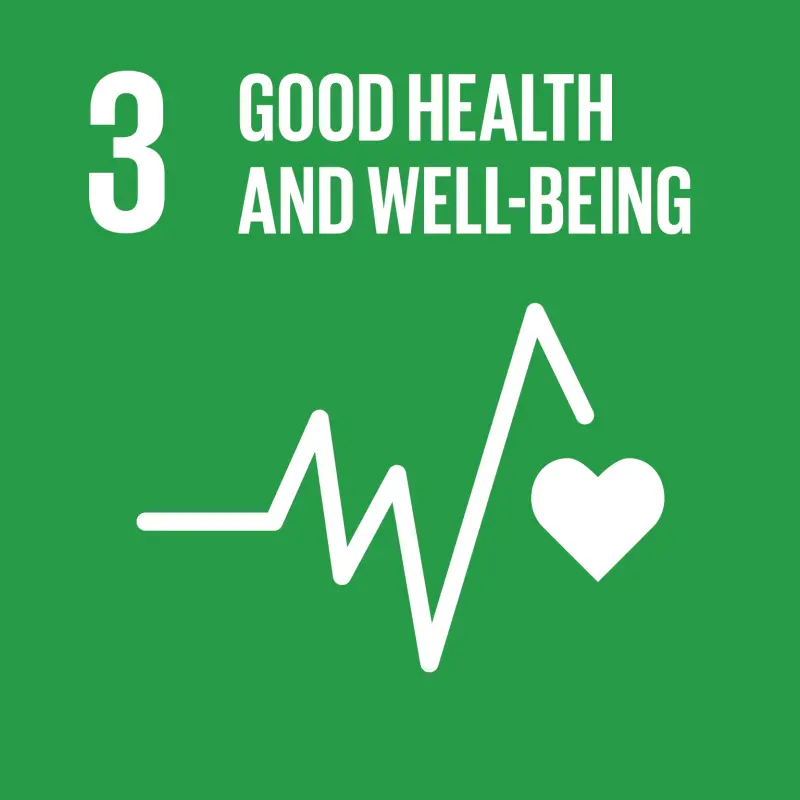
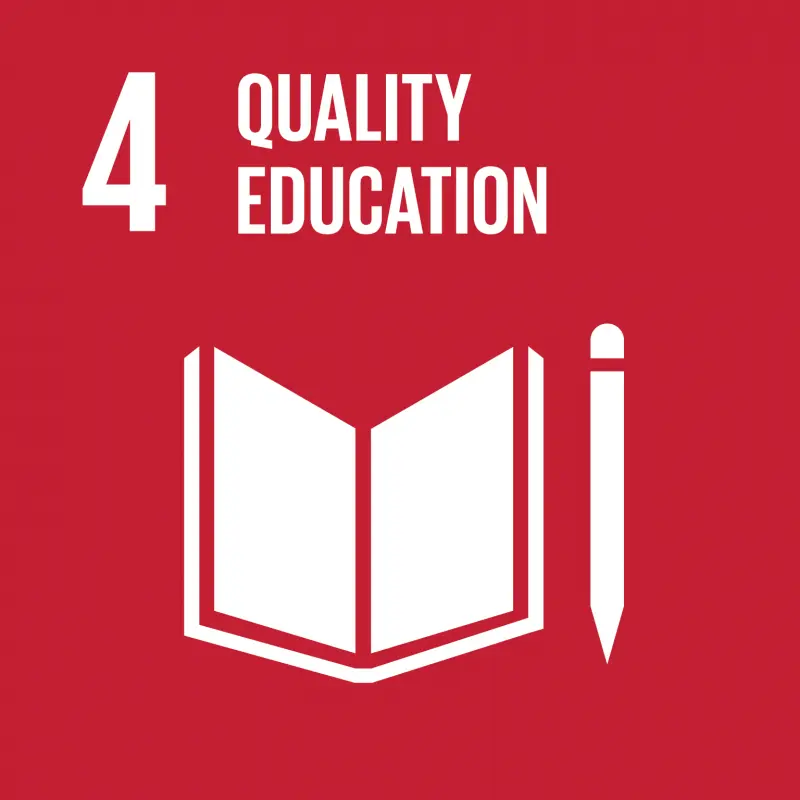
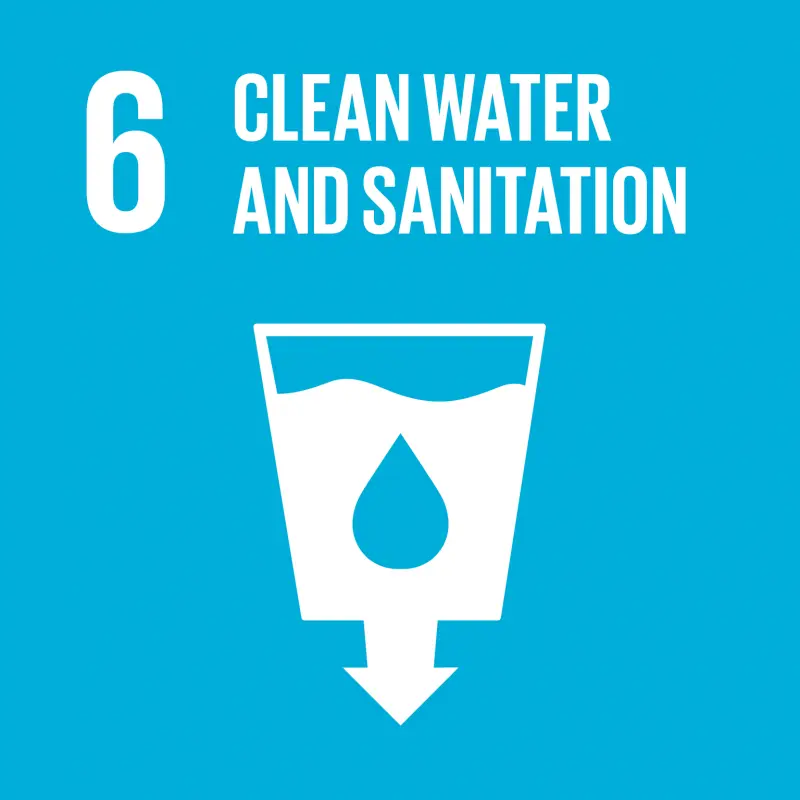
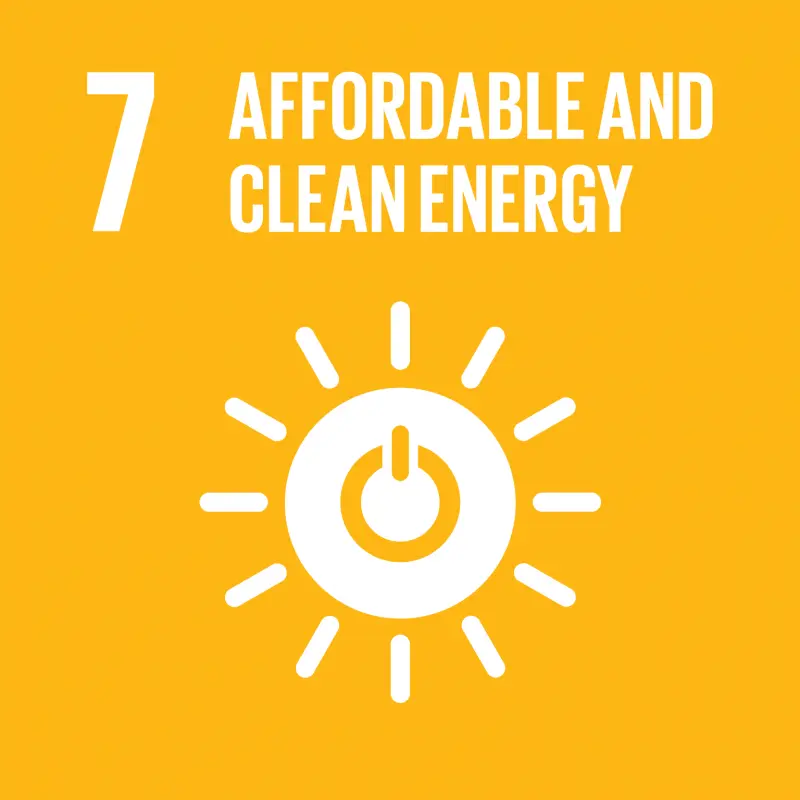
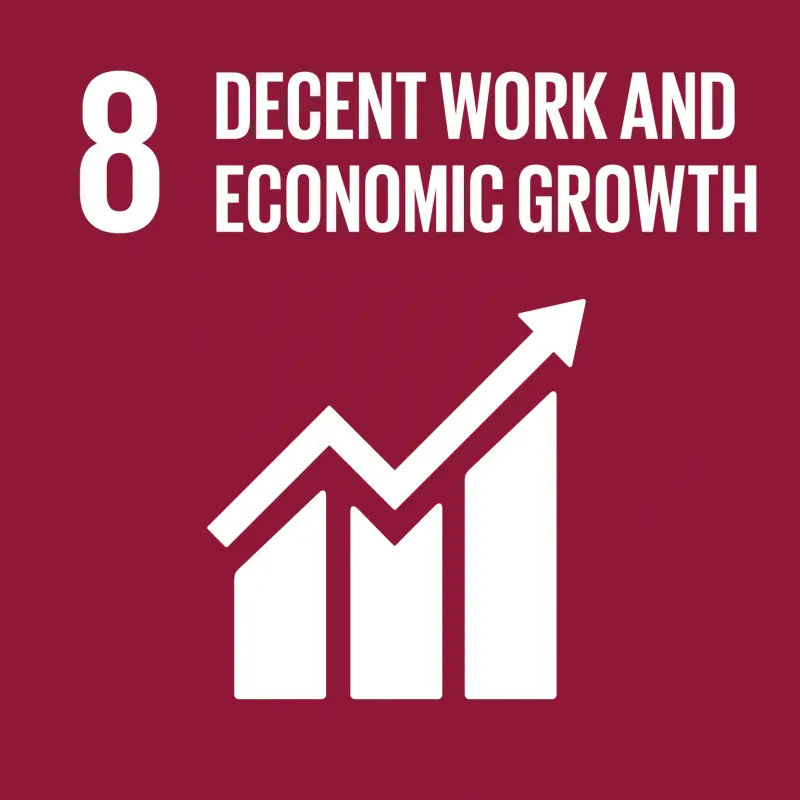
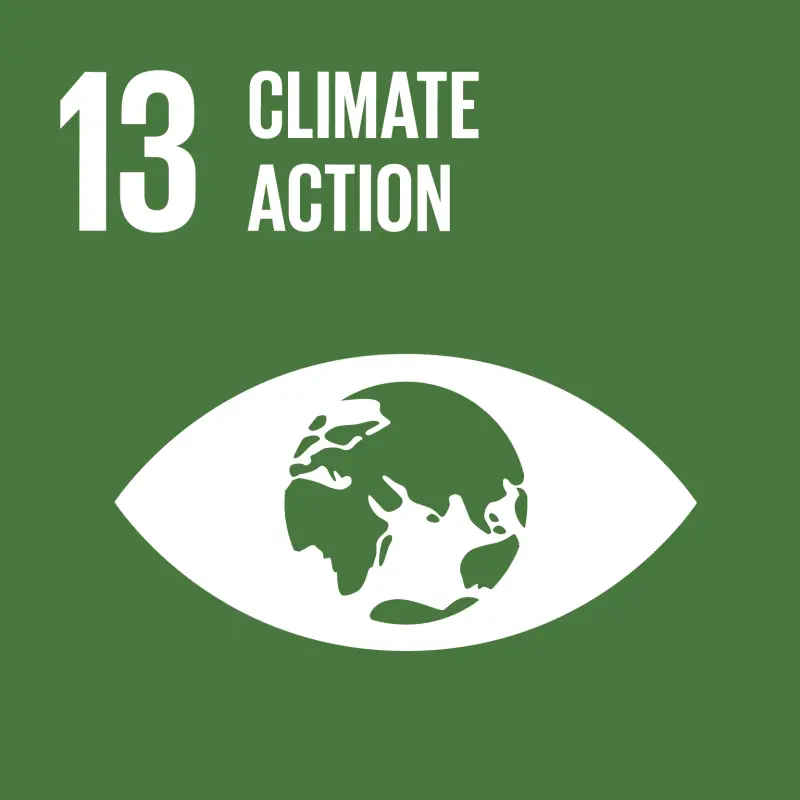
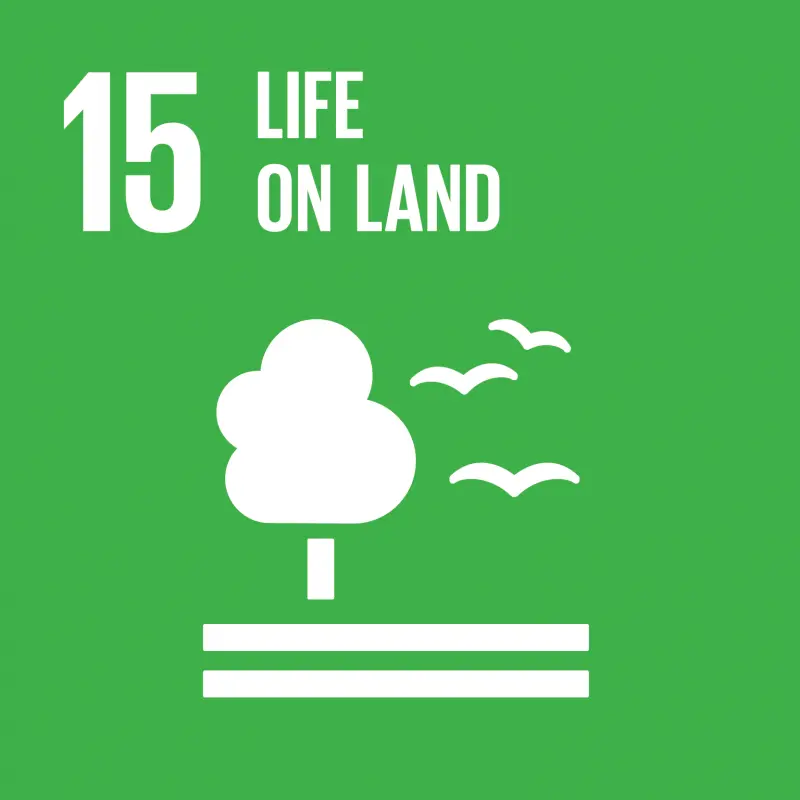
Renewable Energy Offsetting Projects – Gold Standard Credits
The renewable energy projects in India are all accredited by the Gold Standard. This ensures that the carbon credits associated with each project are accounted for, tracked, monitored, and regulated.
Organisations and individuals who then purchase these credits for their Net Zero Carbon, carbon neutrality, and climate positive pledges can be assured that there are real carbon reductions as a direct result of the offsetting projects, as well as numerous social, environmental, and economic benefits.
Find Out More Information
If you would like to find out more about becoming Net Zero, or purchase carbon credits for any of the renewable energy offsetting projects we offer, please contact us.
Webinar Recap: ICE Insights: Are All EPDs Created Equal?
On Thursday, 22nd May, Circular Ecology hosted the third instalment in the ICE Database Insights [...]
May
Webinar Recap: ICE Insights: ICE Analytical Review Processes
On Wednesday, April 30th, Circular Ecology hosted the second session of our ICE Database Insights [...]
Apr
Webinar Recap: ICE Insights: Data Quality Scoring
On Thursday, April 10th, Circular Ecology launched the first session of our ICE Database Insights [...]
Apr
Webinar Recap: Product Carbon Footprinting, LCA, and EPDs
On Wednesday, April 3rd, Circular Ecology delivered our fourth webinar of 2025: Product Carbon Footprinting, LCA, [...]
Apr
